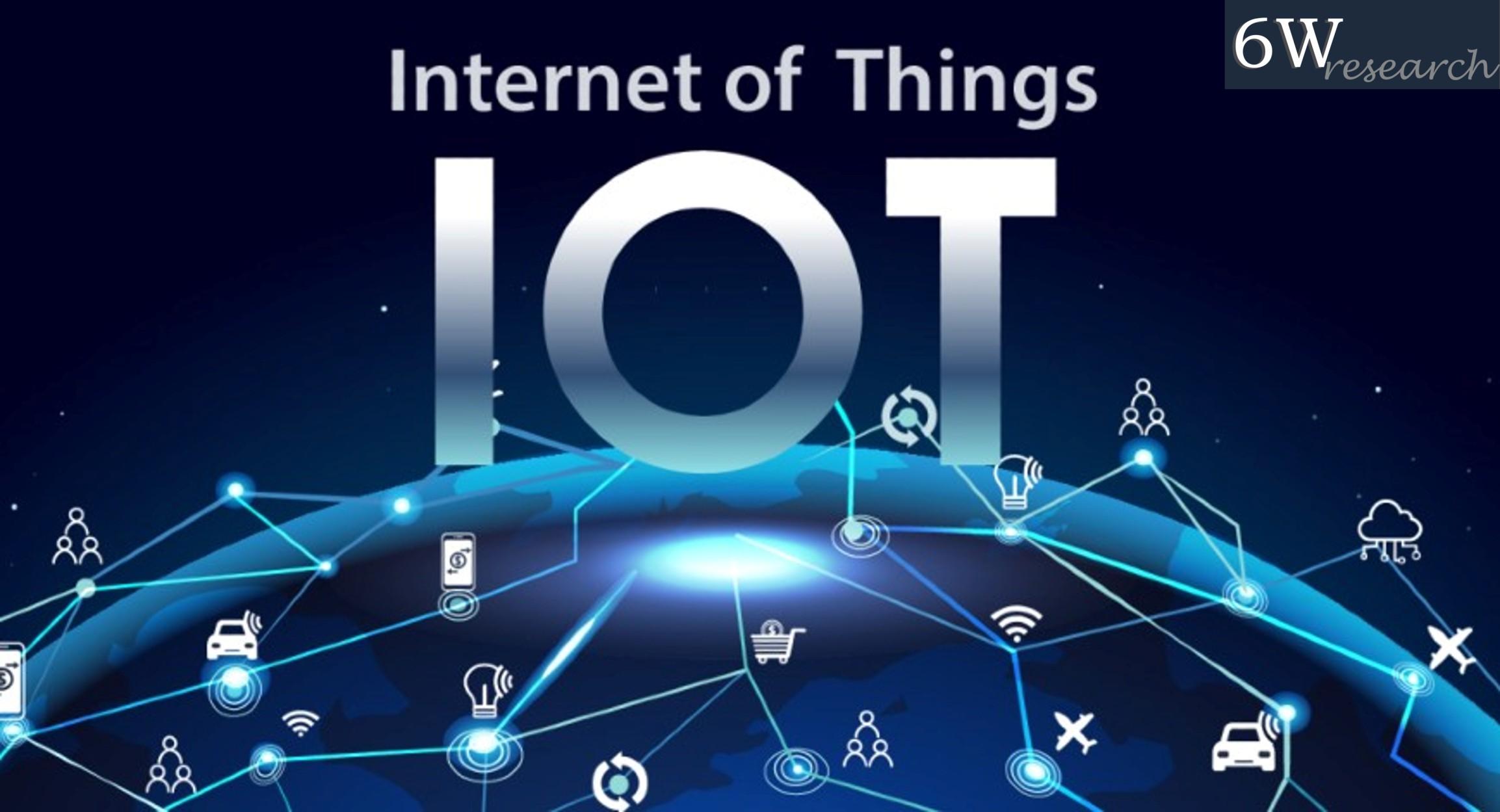India IoT Market Overview
The India IoT market has witnessed significant growth due to various factors. The India IoT Market is experiencing increasing adoption in sectors such as manufacturing, healthcare, agriculture, smart cities and transportation. One of the main drivers of this growth is government initiatives and measures to promote digital transformation and smart technologies. Programs such as Digital India and Smart Cities Mission have increased investments in IoT infrastructure and applications. Increasing penetration of connected devices and increasing demand for real-time data and analytics are the key drivers of IoT market expansion in India. Industries are increasingly using IoT to improve operational efficiency, optimize resource utilization, and increase overall productivity.
Drivers of India IoT Market:
Government Initiatives: The Indian government has actively promoted the adoption of IoT through initiatives such as the Digital India campaign and Smart Cities Mission. These programs aim to create a strong digital infrastructure and encourage the use of IoT solutions.
Growing Connectivity: Increasing broadband internet penetration and widespread smartphone usage are contributing to a more connected environment and driving the growth of IoT applications.
Industry 4.0 adoption: Indian industries are increasingly adopting Industry 4.0 applications and integrating IoT to enhance automation, streamline processes and increase overall efficiency.
Increasing demand for smart solutions: With the increasing urban population and increasing middle class incomes, the demand for smart solutions in areas such as smart homes, smart healthcare and smart agriculture is also increasing.
Startup Ecosystem: India has a vibrant startup ecosystem and many startups are focusing on developing innovative IoT solutions. This entrepreneurial spirit is contributing to the overall growth of the IoT market.
Challenges of the India IoT market
Security concerns: The interconnected nature of IoT devices makes them vulnerable to cybersecurity threats. Securing IoT ecosystems remains a major challenge.
Interoperability issues: Lack of standardization and interoperability between different IoT devices and platforms can hinder seamless integration and communication between devices.
Lack of qualified workforce: The rapid growth of the Internet of Things sector has created a need for qualified workforce. However, there is a shortage of skilled workers with experience in IoT technologies.
Infrastructure Challenges: In some regions, inadequate infrastructure, including power supply and network connectivity, can hinder the implementation and effectiveness of IoT solutions.
Privacy Concerns: The massive amount of data generated by Internet of Things devices raises privacy concerns. Ensuring the secure handling of personal and sensitive information is critical to successful IoT deployment.
Opportunities in India IoT Market:
Smart Cities: With the government’s Smart Cities mission, opportunities for IoT applications are emerging in areas such as smart transportation, waste management, energy efficiency and public safety.
Agriculture: IoT can be used for precision farming, crop monitoring, and water management to increase agricultural efficiency.
Healthcare: Remote patient monitoring connected medical devices, and health management solutions present opportunities for the Internet of Things in healthcare.
Manufacturing: Industry 4.0 initiatives include IoT integration for smart manufacturing, predictive maintenance and supply chain optimization.
Utilities: IoT can improve the efficiency of services such as water and electricity distribution through smart grids and monitoring systems.
Key Players in India IoT Market:
Many companies are operating in the Indian IoT market. The main actors are:
Reliance Jio: Jio has invested in IoT solutions, including smart home devices, industrial and agricultural IoT solutions.
Tata Communications: A leader in the IoT space, Tata Communications offers a variety of solutions such as asset tracking, energy management and connected vehicles.
Wipro: Wipro is involved in providing IoT solutions for various industries, including manufacturing, healthcare, and smart cities.
Tech Mahindra: Tech Mahindra offers IoT solutions for industries such as automotive, manufacturing and telecommunications.
Intel India: Intel is effectively engaged with advancing IoT in India through associations and joint efforts with different associations.
Conclusion:
The India IoT market offers sufficient chances for development and advancement across different areas. The IoT environment is supposed to develop quickly as the public authority centers around digitalization and drives like Make in India. Vital participants, for example, telecom administrators, IT specialist co-ops and innovation organizations are effectively adding to the improvement of IoT arrangements. As the market keeps on developing, coordinated efforts and organizations between industry players and government organizations are probably going to assume a critical part in molding the eventual fate of IoT in India. Kindly note that the scene might have changed since my last update. In this manner, it is prescribed to peruse the most recent reports and news in regards to the most recent improvements in the Indian IoT market.



